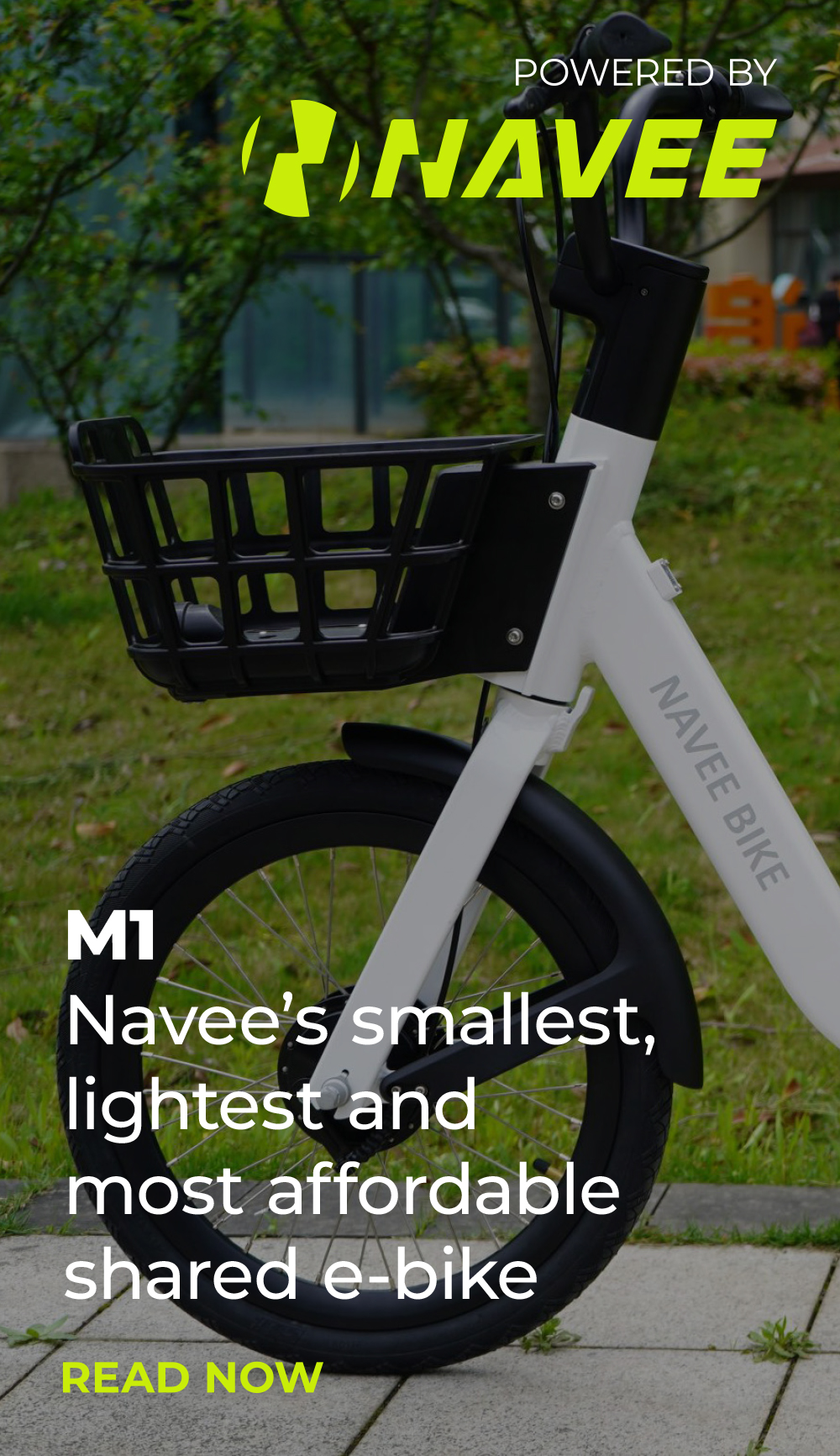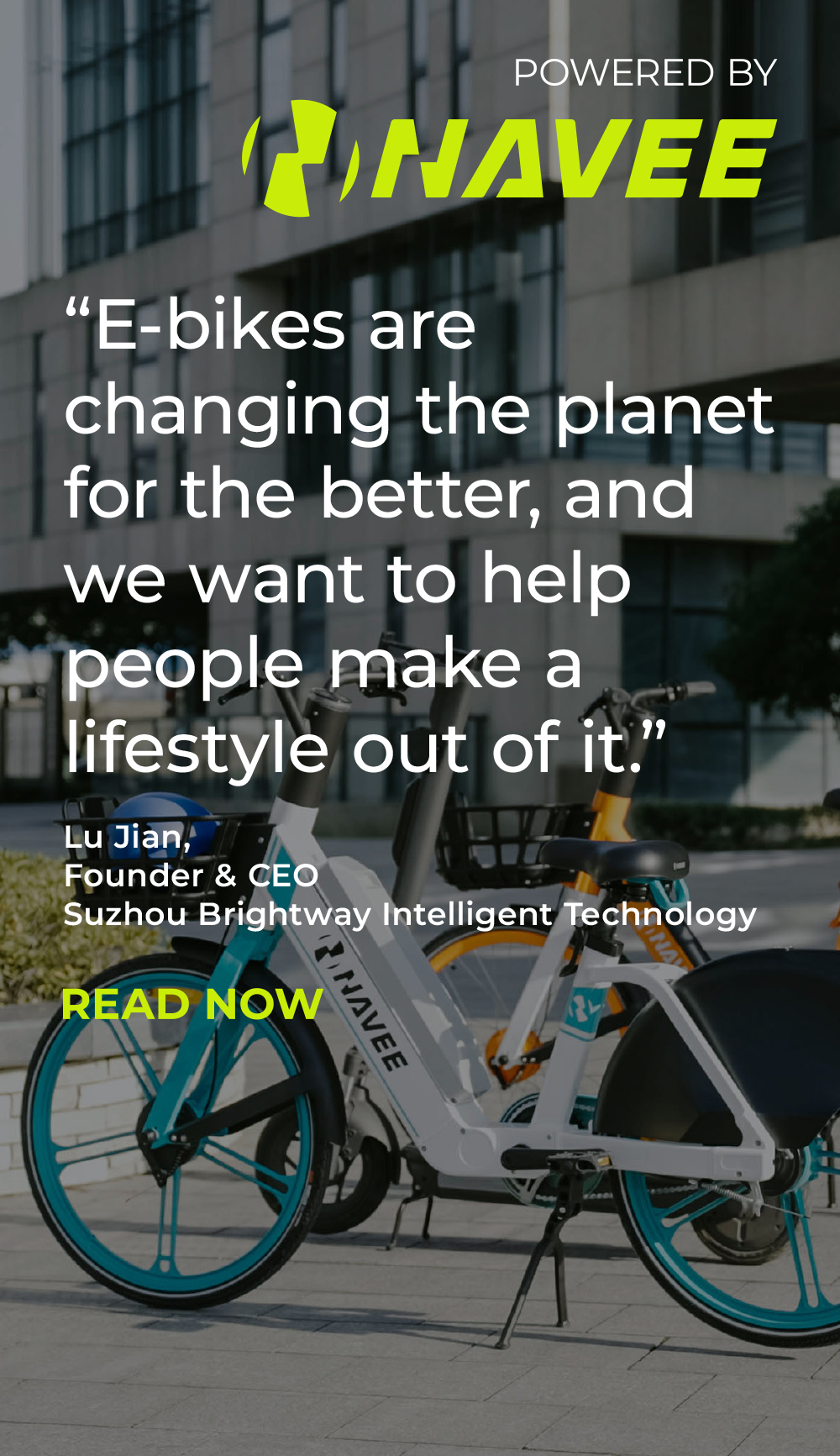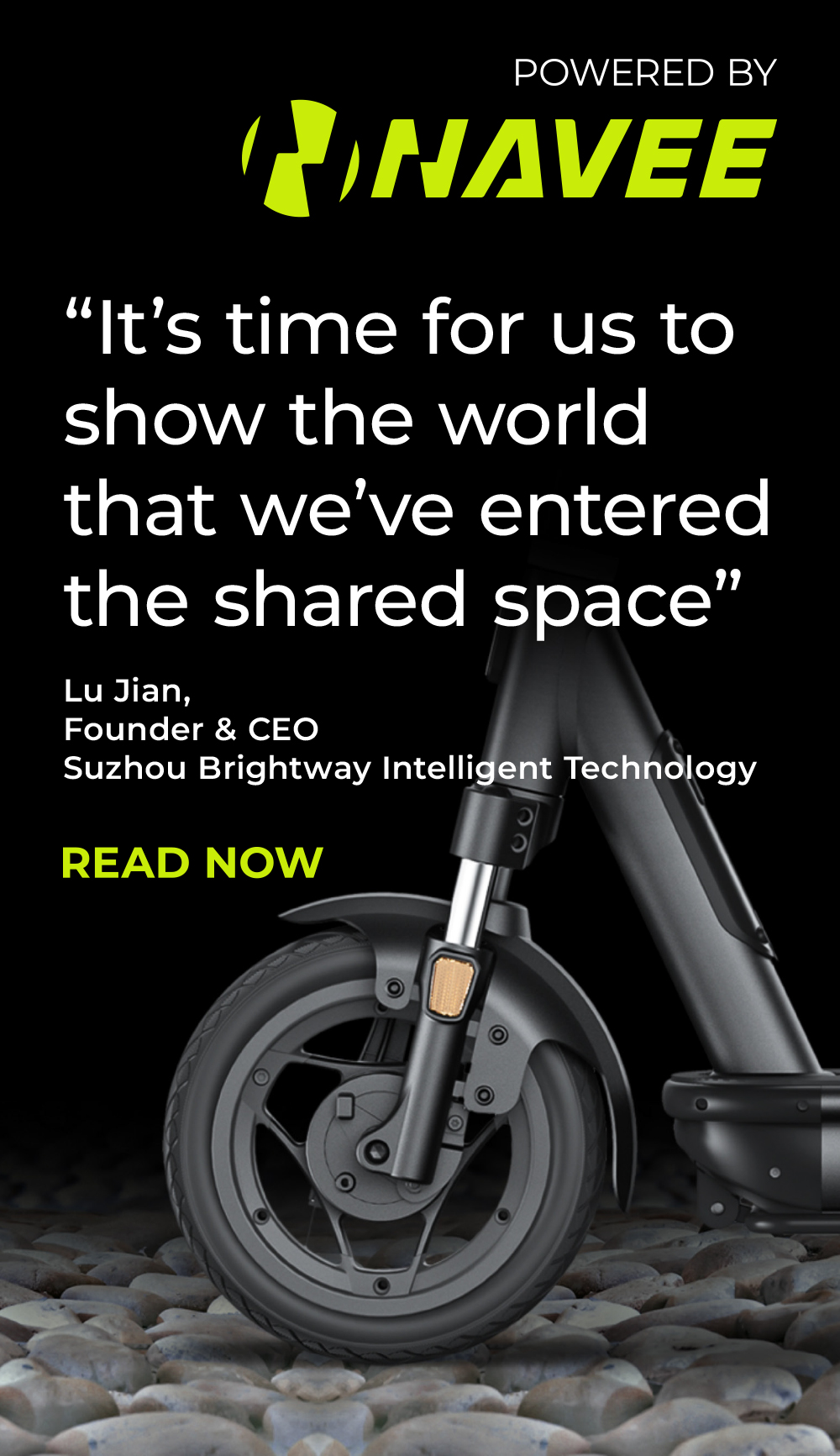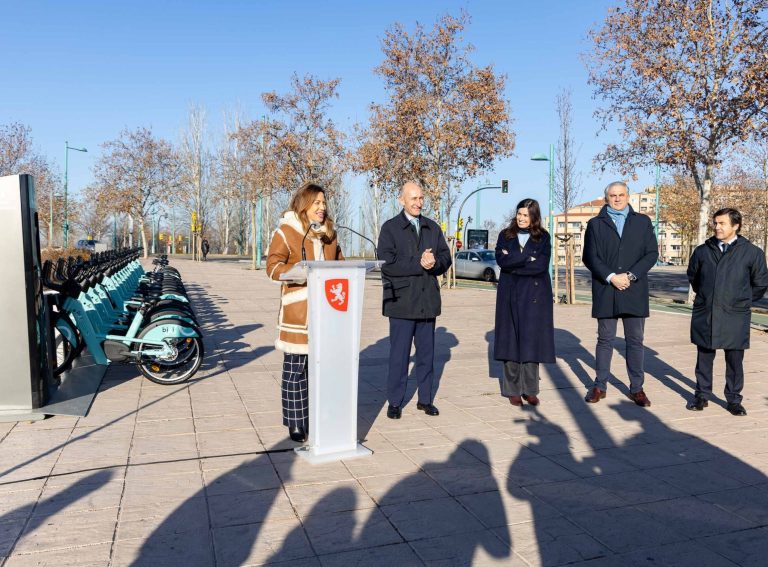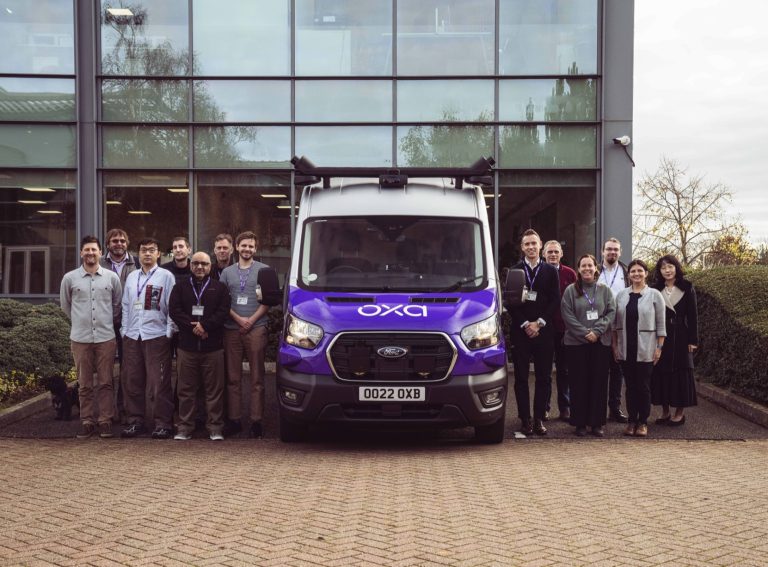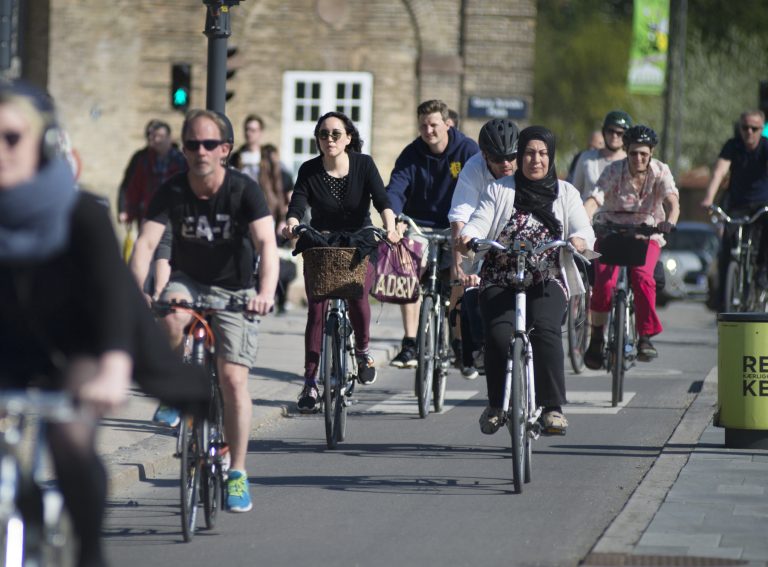The FIFA World Cup has sent e-scooter and e-bike use soaring in Qatar as the first week of the football tournament gets underway, according to micromobility operator Fenix.
“The usage is up 400%,” Fenix’s CEO and Co-Founder Jaideep Dhanoa told Zag Daily. “We invested upfront knowing that there would be a need for more micromobility vehicles, but now we need even more!”
Fenix currently has a fleet of around 1,000 e-scooters and e-bikes in the capital Doha.
The company has been investing in the country for the last two years. It has been working with the Ministry of Transport to help design the micromobility programme for consumers, including where the vehicles are to be stationed, what the rules should be, as well as providing results from KPI’s to prove takeup.
Beyond the pay-per-ride shared scheme for fans, Fenix also has a solution for the B2B customers that are supporting the event where no cars are permitted.
“We’ve been working with private real estate communities,” said Dhanoa. “That’s a big piece of footprint in this region, so working with those real estate developers, some of them are explicit partners, to provide micromobility for their visitors, residents, tenants, staff and so on.”
Fenix has a vehicle subscription service called MyRide where consumers can take out a vehicle on a long-term subscription for €40 a month with unlimited rides.
“So it’s not just the fan experience, but the service delivery of the event which is also being supported with micromobility,” he said.
Micromobility infrastructure developed in Qatar
The local government’s spending on infrastructure in the city to deliver a pedestrian friendly landscape will be an important legacy to the micromobility market in the region.
“The World Cup is a catalyst for the development of Qatar,” said Dhanoa. “From a mobility perspective there’s been tremendous investments in the Metro and electric buses, and more pedestrian friendly cityscapes, with micromobility being one piece of that multimodal network.”
With the company’s fleet integrated with Doha’s Metro, the CEO believes the World Cup experience is just the beginning for the sector in Qatar.
“This is a step change for multimodal mobility going forward. We have a lot of confidence in the government stakeholders and in the Ministry of Transport that they intend to continue to build on this momentum and continue developing micromobility as an integrated element in the transport network.”

